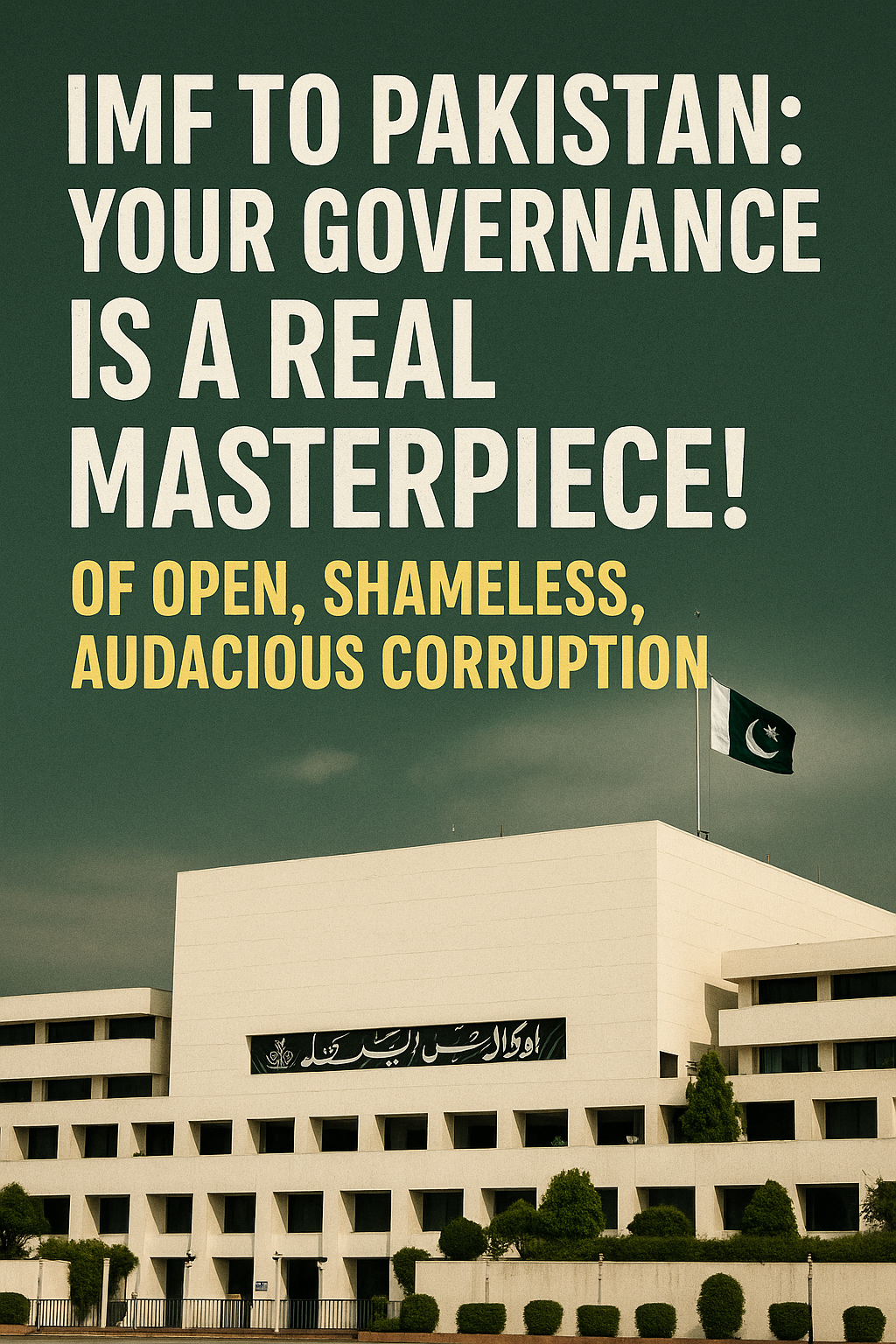Corruption is a deeply rooted problem in many societies,
including Pakistan, and addressing it requires understanding its causes and
implementing systematic remedies. To hold politicians and leaders to a higher
standard, we must first acknowledge that corruption thrives due to several
ingrained beliefs and practices.
Causes of Corruption:
- Normalization
of Corrupt Behavior:
One major cause of corruption is its normalization. People have
observed corrupt practices among those in power for generations. Over
time, this has led to the subconscious acceptance of corruption as an
inevitable part of life. It is often seen as a byproduct of power, with
the belief that those who achieve positions of influence somehow “earn”
the right to indulge in such behavior. This perception becomes so
ingrained that even honest individuals may begin to view corruption as an
unfortunate but unavoidable fact of life. - Avoidance
of Confrontation:
Many choose not to confront corrupt people, believing it’s not their
place or fearing the repercussions of doing so. The political landscape,
especially in places like Pakistan, has deteriorated to the point where
honest citizens withdraw from political engagement altogether. They focus
on their personal lives, perceiving corruption as a problem they can
neither influence nor solve. - Self-Justification:
Some people justify their minor acts of wrongdoing to accept
themselves. They come up with rationalizations like “everyone does
it” or “it’s happening everywhere,” forgetting that
corruption is fundamentally immoral and illegal. This self-justification
leads to a tolerance of corrupt behavior, contributing to its
perpetuation. - Ethical
Deterioration:
Corruption has eroded societal ethics, especially in countries where
corrupt elites have dominated political power. When people observe the
wealthy and powerful engaging in dishonest activities without
consequences, they may conclude that honesty is less valuable than
personal gain. This erosion of values creates an environment where
corruption is not only tolerated but expected.
Remedies to Address Corruption:
- Change
Personal Beliefs:
To combat corruption, individuals must first change their own beliefs.
We must start seeing corruption as a serious crime rather than an
unavoidable aspect of power. Recognizing that corruption is equivalent to
theft is essential; it indirectly robs society by increasing the costs of
basic services, taxes, and utilities. We must shift our mindset from
accepting corruption as a fact of life to considering it unacceptable. - Strengthen
Ethical Values:
People, especially those who lie on the margin between honesty and
corruption, need to work on strengthening their ethical values. It is
vital to understand that in many countries, everyone is accountable for
their actions, regardless of their position. Accepting corruption is akin
to allowing theft in our homes. Individuals can refuse to participate in
or support corrupt activities by developing a stronger sense of ethics. - Question
Those Living Beyond Their Means:
Citizens must find their voice and actively question those who appear
to be living beyond their means. Holding people accountable is a crucial
step in rooting out corruption. If public officials or others in power
cannot justify their wealth, society has the right to demand transparency
and legal action if necessary. - Adopt
National Ethical Reforms:
For countries like Pakistan to progress, there must be a fundamental
change in ethics at the societal level. A commitment to honesty and
righteousness must replace the “mafia” controlling the government and
promoting unethical practices. This change requires a concerted effort
from citizens, the legal system, and political institutions to rebuild a
culture of integrity. - Punish
Large-Scale Corruption:
Individuals who have engaged in minor wrongdoings may be given a
chance to reform by committing to a life of honesty. However, large-scale
corruption cannot be ignored. Those who have exploited their positions for
personal gain must be apprehended, tried, and punished if found guilty.
This is vital in clearly conveying that corruption will no longer be
tolerated.
In conclusion, addressing corruption requires both a
personal and societal transformation. It starts with changing our beliefs,
strengthening our ethical values, and actively questioning those in power. We
can dismantle the structures that allow corruption to thrive by demanding
accountability and promoting honesty.


